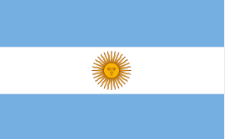
Digital Democratic Mobilization in Hybrid Media Systems
About

Digitization has had a massive impact on democratic processes across the world in recent years. Very different new political movements such as the AfD or En Marche, Pegida or Pulse of Europe, and the Identitarian Movement or #metoo, were able to win a large numbers of supporters in a very short period of time. DigiDeMo’s work starts from the observation that effective mobilization of these new political actors might be closely connected to their use of direct digital media. Orchestrated operations, automated distribution, and micro-targeting allow in effectively addressing online audiences. A broader scientific understanding of the political implications of digitization and deeper insights as to how digital instruments could promote democratic development are at the core of DigiDeMo. The project aims at an integration of applied computer science and communication research into a framework of computational social science (Lazer et al., 2009). Therefore, it combines methods such as automated text analyses (NLP, Topic Modeling) with surveys and Eye-Tracking studies. DigiDeMo seeks to transfer knowledge to democratic multipliers, on what is making campaigning strategies successful, and how micro-targeting, bots, and individual-centered campaigns can be utilized to generate participation. DigiDeMo, thus, provides scientific insights into how digitization affects democracy.
DigiDeMo is funded by the Bavarian State Ministry of Science and the Arts and coordinated by the Bavarian Research Institute for Digital Transformation (bidt)
Kooperationspartner
Variante 1
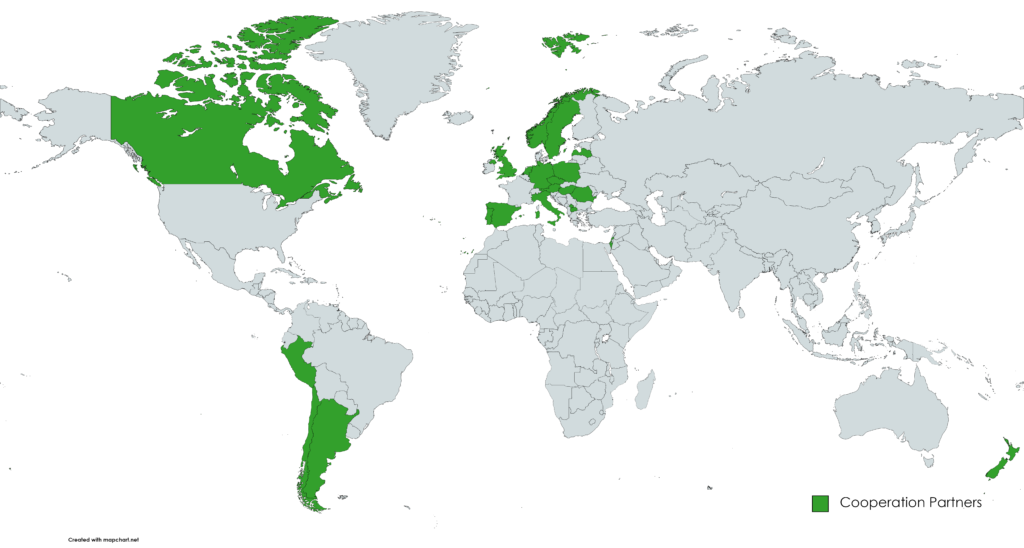
- Consejo Nacional de Investigaciones
Científicas y Técnicas (CONICET)
- Bournemouth University
- Catholic University of the North
- Ben-Gurion University of the Negev
- LMU
- JGU Mainz
- University of Milan
Variante 2
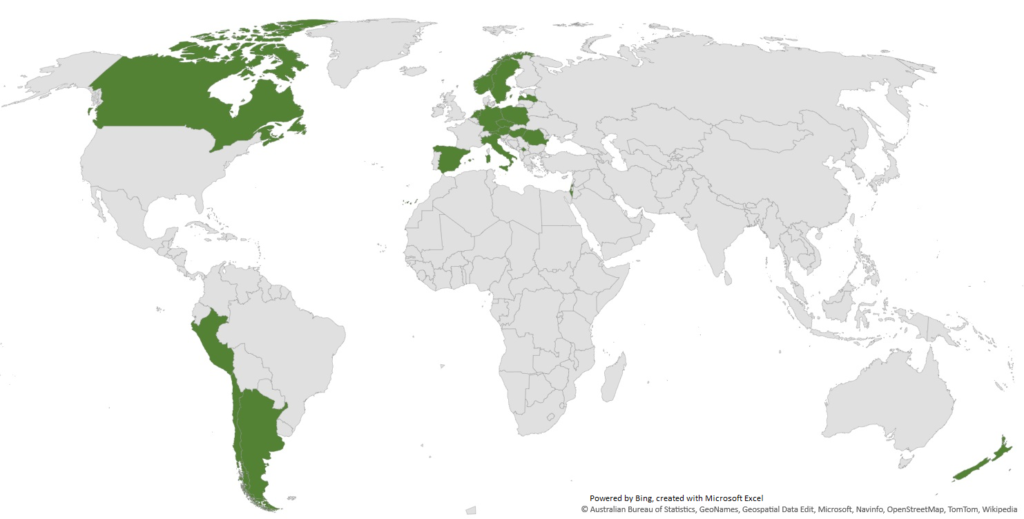
- Consejo Nacional de Investigaciones
Científicas y Técnicas (CONICET)
- Bournemouth University
- Catholic University of the North
- Ben-Gurion University of the Negev
- LMU
- JGU Mainz
- University of Milan
Variante 3
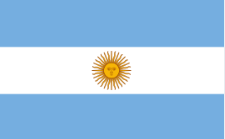
Argentinien
- Consejo Nacional de Investigaciones Científicas y Técnicas (CONICET)

Chile
- Catholic University of the North

Görmeny
- LMU Munich
- JGU Mainz

England
- Bournemouth University

Israel
- Ben-Gurion University of the Negev
Variante 4
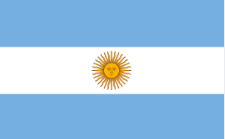
Argentinien
- Consejo Nacional de Investigaciones Científicas y Técnicas (CONICET)

Chile
- Catholic University of the North

Germany
- LMU Munich
- JGU Mainz

England
- Bournemouth University

Israel
- Ben-Gurion University of the Negev
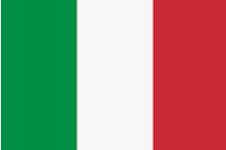
Italy
- University of Milan

